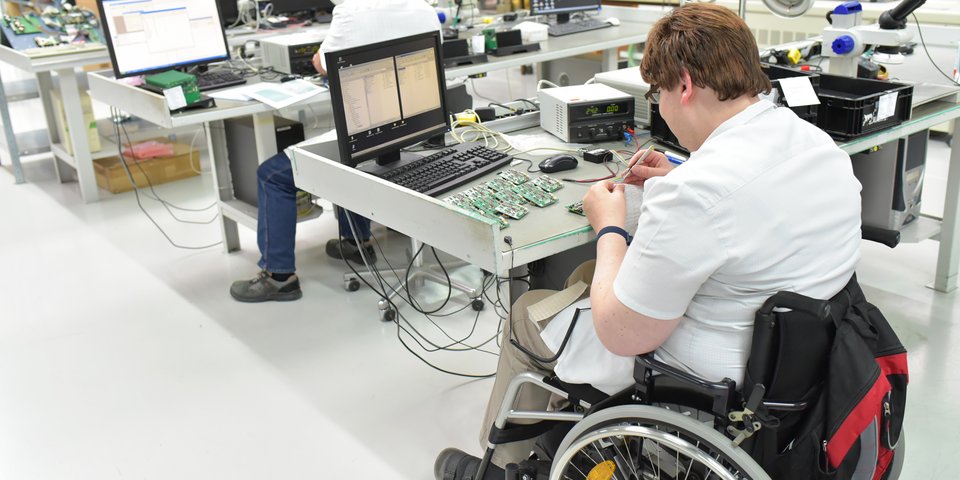 iStock - industryview
iStock - industryviewSocial integration of people with disabilities
Hungary welcomes suggestions.
SK – 07/2024
The first meeting of the Employment, Social
Policy, Health and Consumer Affairs Council (EPSCO) took place this mid-July
under the Hungarian Council Presidency. Topics discussed included the European
Semester, the shortage of skilled workers and the correlated integration and
reintegration of people with disabilities into the labour market. Holding the
Council Presidency, Hungary had put this topic on the agenda, promoting the
participation of people with disabilities being one of its priorities. Hungary
will consider the information exchanged with the Member States in drafting the
Council conclusions.
Integration into the open labour market
Member States were asked to respond to
three questions calling for an explanation of their position on the topic of
inclusion of people with disabilities. In addition to measures and policy
instruments to promote participation in the open labour market, Member States
should also address national targets for increasing the employment rate of
people with disabilities. The need for the European Commission’s support was
also surveyed. Helena Dalli, the European Commissioner for Equality, took part
in the discussion. She began by emphasising the importance of cooperation
between Member States and the European Commission in implementing the Strategy
for the Rights of Persons with Disabilities 2021-2030.
Besides the Chair of the Social Protection
Committee, a representative of the Employment Committee (EMCO) also had the
opportunity to speak. EMCO supports EPSCO in an advisory capacity, particularly
with regard to promoting the coordination of employment and labour market
policy at European and national level. Successful integration requires a
holistic approach that covers the entire life cycle. Measures should therefore
not only be taken in working life, but as early as the school-going age. It is
also important to improve the collection of relevant data on the situation of
people with disabilities and use this for the implementation of national
strategies.
Positions of the Member States
When presenting the national measures, it
quickly became clear that many Member States rely on quota systems and
financial incentives for the integration of people with disabilities into the
open labour market. An exchange on this was unanimously welcomed as each
country pursues a different approach to implementation. Other initiatives focus
on tailored advisory services, the adaptation of national laws and vocational
training programmes. National employment rates exist in some countries. In this
respect, all countries follow the same goal – successful integration of more
people with disabilities into the open labour market.
Many Member States - including, for
example, Bulgaria, Finland, Lithuania, Luxembourg and Slovenia - were in favour
of an exchange of best practices with European Commission’s support. Hungary
emphasised that promoting the participation of disabled people in the open
labour market also helps to mobilise the existing labour reserve. The Council
Presidency's efforts to achieve progress for people with disabilities will be
fleshed out further this autumn. The planned Council conclusions on the social
inclusion of people with disabilities are to be adopted on 2 December 2024.
